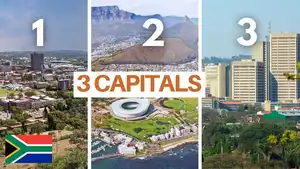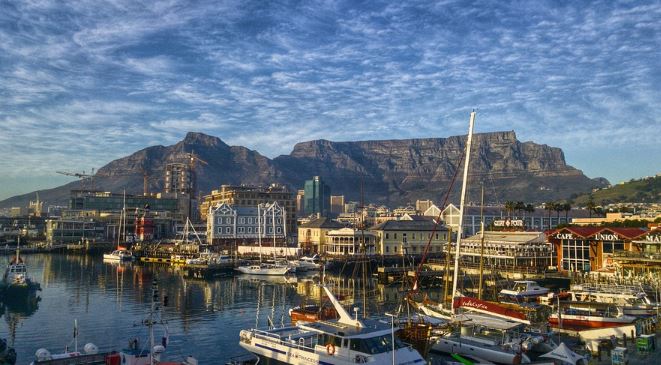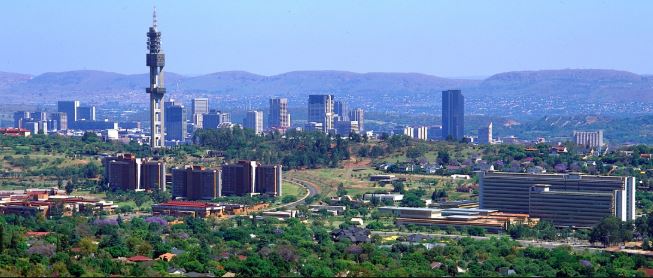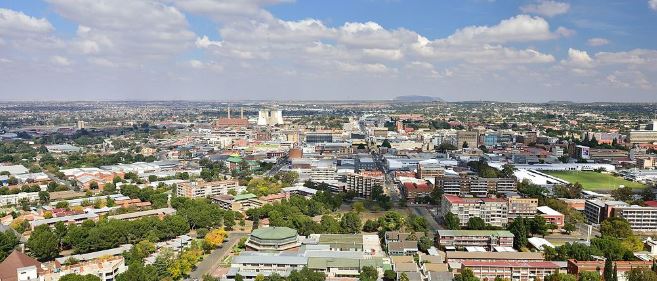What Is the Capital City of South Africa
South Africa stands out on the global stage for a characteristic that is as unique as it is fascinating: it is one of the few countries in the world to have not one, but three capital cities. Each of these cities serves as the cornerstone for a separate branch of the government, ensuring a balanced distribution of governmental powers across different geographic locations.
The government of South Africa is structured around three main branches: the legislative, executive, and judicial branches. Each branch is anchored in a different city, reflecting the country’s commitment to a balanced and distributed governance model. Cape Town, known for its breathtaking landscapes and historical significance, is the legislative heart of South Africa and the location of the Parliament. Pretoria, situated in the Gauteng Province, functions as the executive hub, hosting the Cabinet and the President’s office. Bloemfontein, with its rich historical background, serves as the judicial center and is home to the Supreme Court of Appeal.
Cape Town: A city imbued with historical importance, Cape Town has played a pivotal role in South Africa’s past. Its strategic position became evident in the late 1500s when it emerged as a vital stop on the spice trade route. By the 1650s, the Dutch East India Company had established a way-station for ships in the area, laying the groundwork for the city’s growth and development. In 1814, after several British attempts to gain control, Cape Town became a British colony. It went on to become the legislative capital following the formation of the Cape Colony in 1910, which marked the unification of two Boer republics and Natal, a British colony, into the Union of South Africa.
Pretoria: As the administrative heart of South Africa, Pretoria’s significance as a government center dates back to 1860 when it was named the capital of the South African Republic. The city’s historical narrative includes the peace treaty that concluded the First Boer War and its eventual capitulation to the British in the Second Boer War in 1900. With the establishment of the Union of South Africa in 1910, Pretoria was designated the administrative capital, a status it retains today as the primary location for foreign embassies in the country.
Bloemfontein: The inception of Bloemfontein in 1846 as a British fort marked the beginning of its storied history. It quickly evolved, first into the Orange River Sovereignty and then, by 1854, into the Orange Free State with Bloemfontein as its capital. Although the Bloemfontein Conference in 1899 failed to avert the Second Boer War, the city’s historical significance remains undiminished. Today, Bloemfontein proudly serves as the judicial capital of South Africa, despite the establishment of the Constitutional Court in Johannesburg in 1994.
This tri-capital arrangement encapsulates South Africa’s rich tapestry of history, culture, and governance. Each city, with its distinct role and unique backstory, contributes to the intricate mosaic that is South Africa, reflecting the country’s dedication to diversity and balanced governance.







